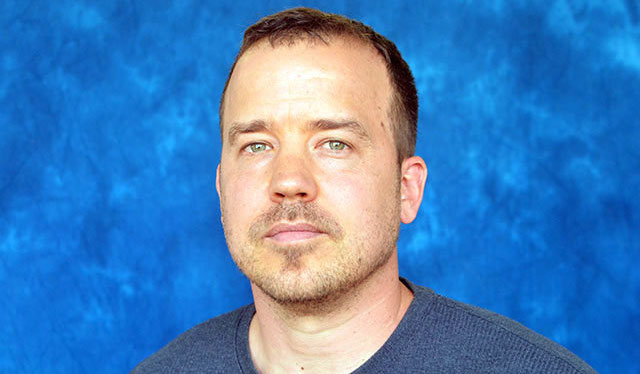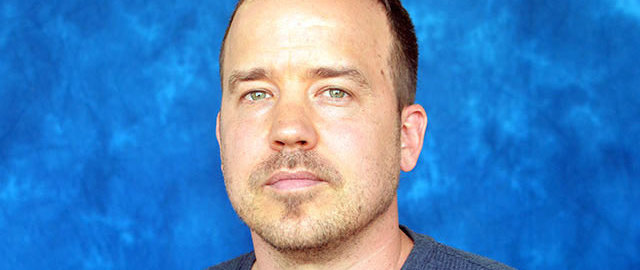The Importance of Story

I was hanging out on the edge today. By this I mean I was listening to conversations (watching videos) on my favorite website, www.edge.org. I was drawn to a video of Jonathan Gottschall talking about story. I have always loved stories, and am often deeply affected by them, so I listened with great interest to what Jonathan had to say.
Here is an excerpt:
Why are stories so trouble-focused? You have quite a bit of convergence among scholars and scientists who are looking at this from an evolutionary point of view, and what they’re saying is that stories may function as kind of virtual reality simulators, where you go and you simulate the big problems of human life, and you enjoy it, but you’re having a mental training session at the same time. There’s some kind of interesting evidence for this, that these simulations might help people perform better on certain tasks.
So in the same way that children’s make believe helps them hone their social skills, it seems to be true of adult make believe, too. If adult make believe is novels and films, it seems they’re entering into those fictional worlds and working through those fictional social dilemmas actually does, as hard as it may be to believe, enhance our social skills, our emotional intelligence, our empathy. That’s kind of a neat finding. Maybe stories have a function as a simulation of the big problems of life that helps us cope better with those problems when we do experience them.
During the long process of writing my manuscript I grappling with my own experience. At times I felt like a reporter, an outsider merely explaining what happened to someone else. It was a way to avoid the emotions involved. I knew, however, in those moments or disassociating myself from the story, I needed to try harder, if the story was to be authentic.
Recently, I decided to record the book, as an audiobook. I had never been inside a recording studio before and was a bit nervous and excited about how it would go. I was lead through the building feeling like I was a guest in a musician’s world. We walked through a large studio to get to the one I would be using. Someone with both arms covered in tattoos, sporting a Mohawk haircut, was asleep on a couch, next to a drum set, in a room filled with instruments and recording equipment.
I shook hands with the engineer who would be working with me, a young man from Australia. He knew nothing about me or my book. I knew nothing about him, except that he came highly recommended, had a kind smile and an accent. After a brief chat about how it would work I closed the door to my little recording room, the size of a closet. It had acoustic tiles on the walls and ceiling. It was just me, my manuscript, a microphone and headphones, through which this young man, with his charming accent, could talk to me as he sat in front of the recording equipment, adjusting things.
I began reading and soon realized that going back there, to that story of seventeen year old me, was harder than I thought it would be. By the time I had spent several days in this little room, a change had occurred. That voice in my headset was more than a voice, it was the voice of a new friend. Rohen went with me along my journey, which was often painful. He hugged me that first day, when I came out, during a needed break, wrecked by the emotions of re-living a particularly difficult part of the book. He looked me in the eyes. “I’m so sorry you went through that” he said.
Jonathan Gottschall says: We think of stories as a wildly creative art form but within that creativity and that diversity there is a lot of conformity. Stories are very predictable. No matter where you go in the world, no matter how different people seem, no matter how hard their lives are, people tell stories, universally, and universally the stories are more or less like ours: the same basic human obsessions, and the same basic structure. The structure comes down to: stories have a character, the character has a predicament or a problem—they’re always problem-focused—and the character tries to solve the problem. In its most basic terms, that’s what a story is—a problem solution narrative.
I can see the problem solution narrative in my story. Someone else, who reads or listens to my story might have a variation on what that is. I do see a universalism to the story. That is why I look forward to talking with others with similar stories. Together our narratives will illuminate the universal problem as well as a solution.
Here is the link to Jonathan’s talk and a bit about him:
http://edge.org/conversation/the-way-we-live-our-lives-in-stories
JONATHAN GOTTSCHALL is a Distinguished Research Fellow in the English Department at Washington & Jefferson College. He is the author or editor of six books, including The Storytelling Animal: How Stories Make Us Human (a New York Times Editor’s Choice Selection and a finalist for the LA Times Book Prize).




Leave a Reply
Want to join the discussion?Feel free to contribute!